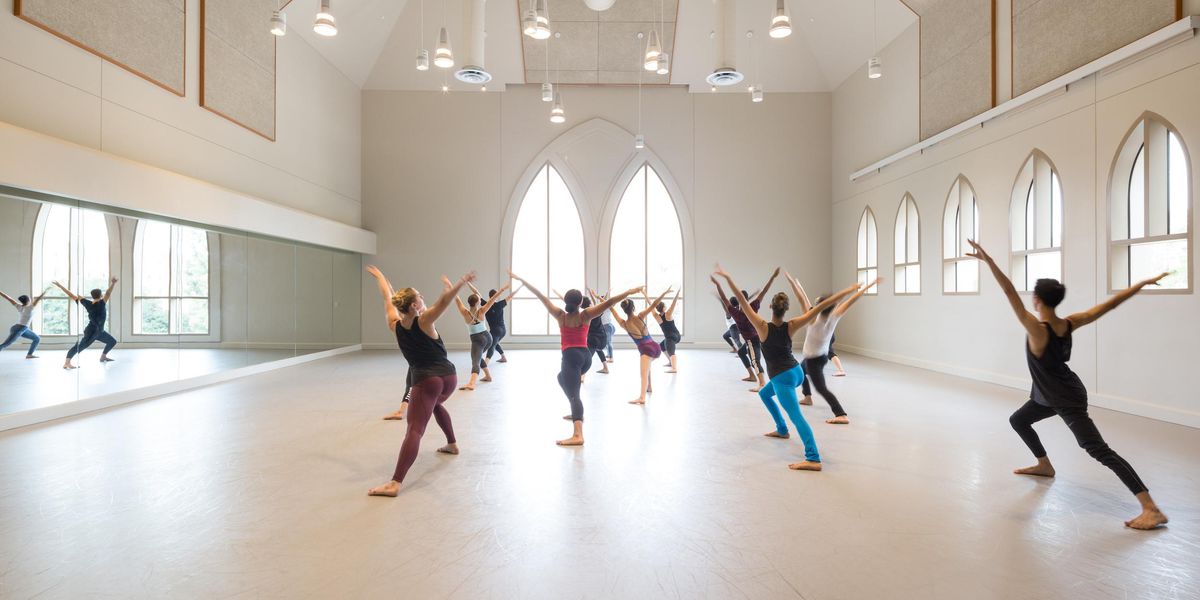Advice For Dancers
Why you should be wary, plus advice on gluten allergies and taking your final bow
My teacher constantly tells me to pick a dancer in a company and focus on how I can replace her. I know dance is competitive, but this approach really turns me off. Does this mean I don’t have what it takes?
—Ashley, Garden City, NY
Absolutely not! While your teacher may hope to motivate you by triggering feelings of competition, that strategy rarely works. Instead, dancers may feel alone and insecure, given that few consider themselves ready to take on a professional performer. Remember, every dancer is unique and companies have many different types of artists. A director who favors your style will make the ultimate decision as to whether to hire you, so instead of trying to compete with a specific dancer, focus on your technical and artistic skills. Your teachers may be from the old school, but you can still choose your own motivation. Strive to be the best that you can be!
Help! I look pregnant with a big belly in my tutu, but my doctor says it’s an autoimmune reaction to eating gluten. Now I need to watch everything I eat or suffer future health problems. How can I have this disease in my mid-20s and still be a professional dancer?
—Frustrated, Newark, NJ
I know it’s upsetting to feel like your body has betrayed you. But there’s absolutely no reason for this disease to keep you from being a professional dancer. An autoimmune problem like yours can happen at any age. Celiac disease, which affects three million Americans, occurs when the body reacts badly to gluten in wheat, barley and rye, interfering with the absorption of nutrients from food. Non-celiac gluten sensitivity may also create gluten intolerance. The good news is that all you need to be healthy is a gluten-free diet. A registered dietician can guide you toward a balanced meal plan. I’d suggest you also seek out a psychotherapist who can help you deal with the emotional impact of drastically changing your approach to food. But once you rework your diet, you’ll feel much more comfortable in your tutu.
When do you know if it’s time to quit dance? I’ve been unhappy for a while in my company, seeing peers get ahead in solo roles while I’ve languished in the corps. I’m only 24 years old, but I feel ancient. I’ve been a professional for six years. What should I do?
—Bummed Out, Los Angeles, CA
It’s always difficult to be ignored. Yet, leaving a dance company on an impulse could backfire. Obviously, part of you still wants to dance! Why not try to sort out your goals? If you want to perform more solo roles, ask your director if that’s a possibility. While it’s never easy to hear “no,” the answer could free you to begin exploring other options. I’ve known many highly talented dancers in the corps who auditioned for other companies in the U.S. and Europe when they realized they had hit a dead end. While it’s often difficult to leave your first company, those who took the leap and transitioned to a smaller group often went on to perform leading roles. A fresh start can energize your career and fulfill you in ways you never expected. The key is to take control. When you decide to retire, it’s best if it’s on your own terms, rather than due to burnout or lost opportunities. A career transition after dance also requires a tolerance for false starts. Allow yourself time to explore different avenues without expecting to get it right immediately. Even perfectionistic dancers need to give themselves a break.
Send your questions to:
Dr. Linda Hamilton
2000 Broadway, PH2C, New York, NY 10023
e-mail: [email protected]
Former New York City Ballet dancer Linda Hamilton, Ph.D., is a psychologist in private practice, the author of Advice for Dancers (Jossey-Bass) and co-author of The Dancer’s Way: The New York City Ballet Guide to Mind, Body, and Nutrition (St. Martin’s Griffin). Her website is drlindahamilton.com.




